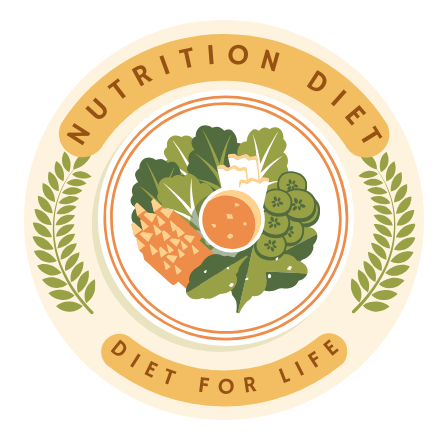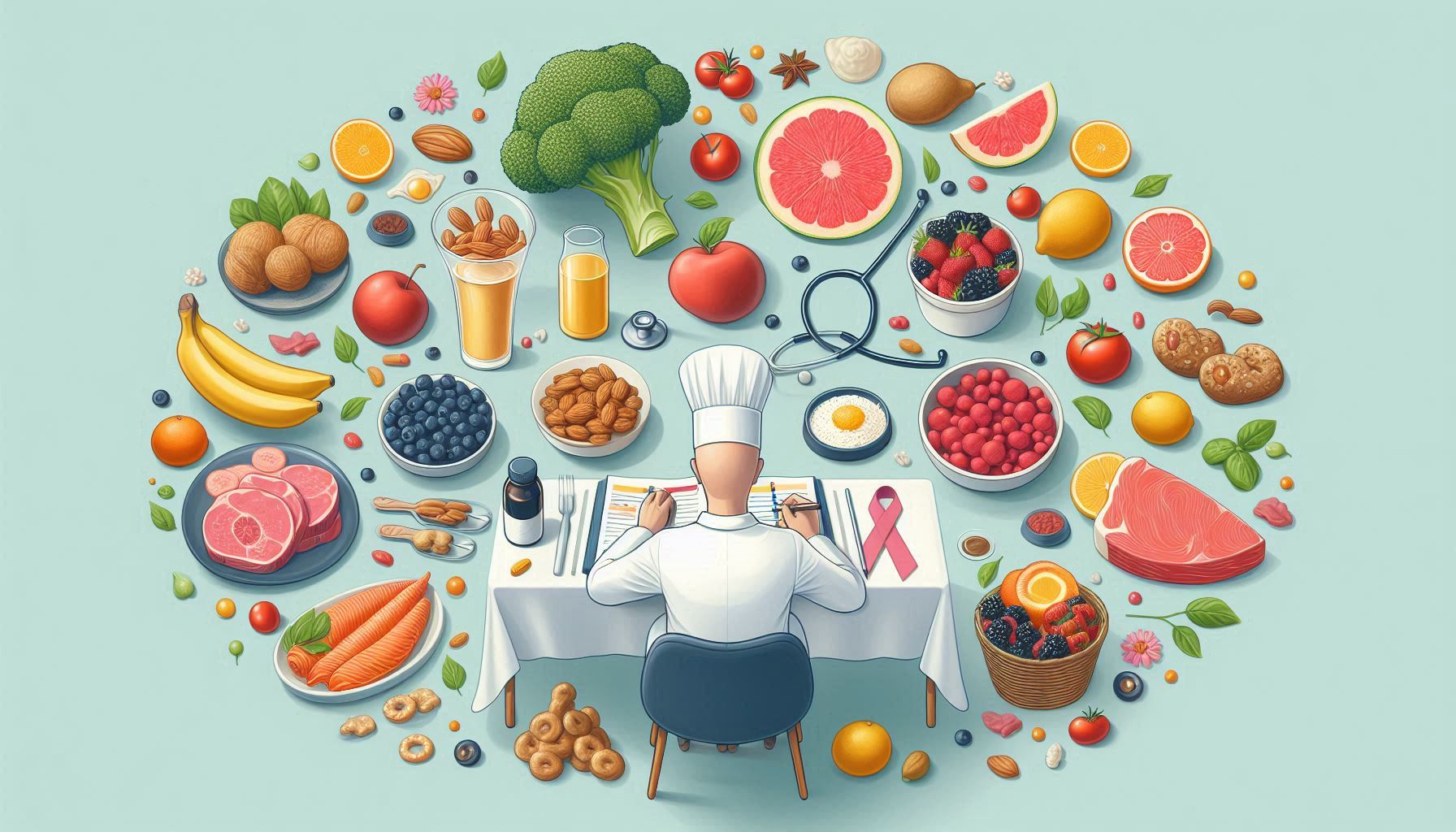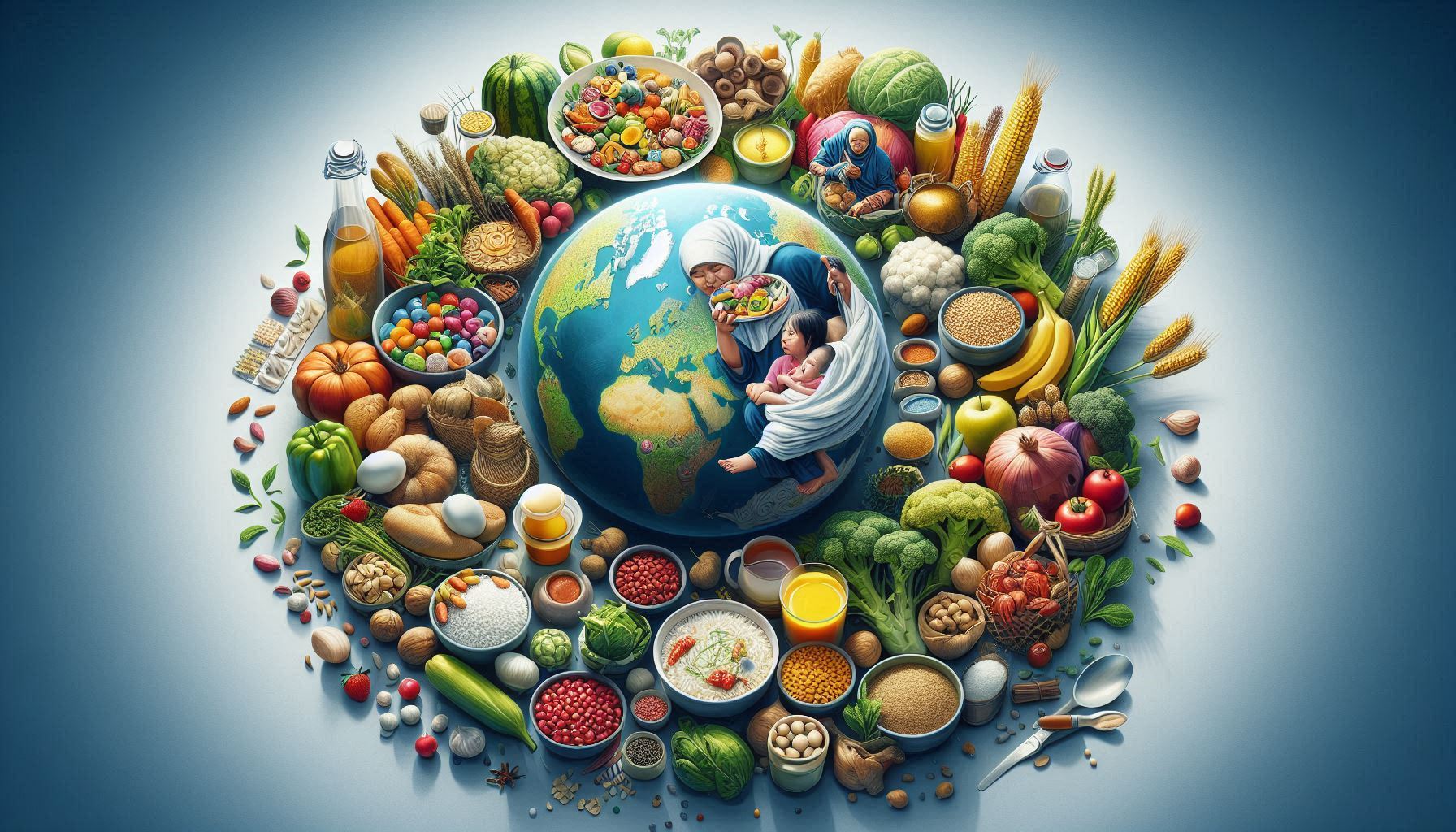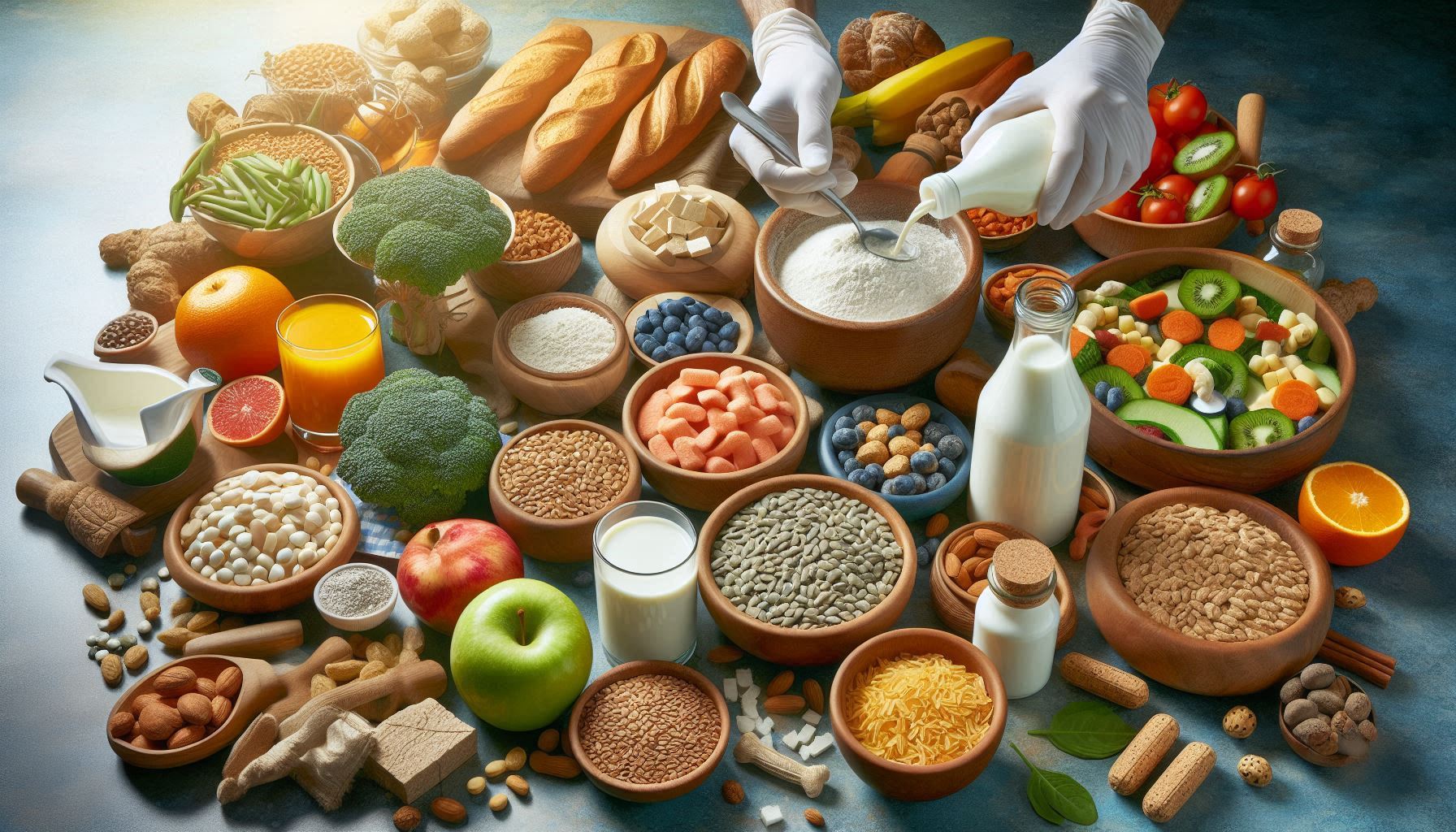Cancer remains one of the most complex health challenges faced worldwide, and the journey through diagnosis, treatment, and recovery is often physically, emotionally, and psychologically taxing. While medical treatments like chemotherapy, surgery, and radiation remain the primary means of fighting cancer, the role of nutrition in supporting recovery, improving tolerance to treatment, and alleviating side effects is increasingly recognized as crucial. Nutritional support is integral not only to enhancing the overall health of cancer patients but also in helping them manage the various symptoms and treatment-related complications that can emerge throughout their care.
This guide will explore the importance of nutrition in cancer care, outline the various challenges faced by cancer patients in meeting their nutritional needs, and provide practical strategies and approaches to ensure proper nourishment during this difficult time. We will also discuss the pivotal role that healthcare professionals, including oncologists, dietitians, and nurses, play in delivering individualized nutritional care to help cancer patients thrive throughout their treatment and recovery phases.
The Role of Nutrition in Cancer Treatment and Recovery
Cancer is characterized by the uncontrolled growth of abnormal cells in the body, leading to the potential spread of these cells to other parts of the body (metastasis). The treatment of cancer can vary depending on the type and stage of the cancer, but the common goal is to eliminate cancerous cells and minimize the chances of recurrence.
However, the aggressive nature of cancer treatment — whether it involves chemotherapy, radiation, surgery, or newer immunotherapies — often results in side effects that affect a patient’s appetite, digestion, and overall health. These side effects can be exacerbated by the cancer itself, which in some cases leads to cachexia, an advanced form of wasting that causes significant weight loss and muscle atrophy. It is during this period that nutritional support becomes essential, as it helps manage these symptoms, enhance the body’s immune system, and improve overall recovery.
The importance of nutrition in cancer care has become widely acknowledged by both healthcare providers and patients. Research indicates that well-nourished cancer patients tend to have better responses to treatment, fewer complications, and faster recovery. Nutrition is not just about fueling the body; it is an integral component of managing symptoms, maintaining strength, and supporting the body’s ability to heal.
The Complex Relationship Between Cancer and Nutrition
Nutrition and cancer are intricately linked. Cancer cells, while they proliferate abnormally, demand a significant amount of energy to sustain their growth. This leads to an imbalance between the body’s nutritional needs and the nutrients required to fight the cancer. In fact, cancer can accelerate the breakdown of muscle and fat stores in the body, often leaving patients feeling fatigued and malnourished.
As cancer treatments like chemotherapy and radiation exert additional stress on the body, they often interfere with digestion and absorption of essential nutrients. Treatments may also induce side effects such as nausea, vomiting, loss of appetite, and altered taste and smell, all of which further hinder a patient’s ability to consume adequate nutrients.
This section of the article explores the complex metabolic changes that occur in cancer patients and how treatments exacerbate nutritional deficiencies, ultimately affecting overall health and treatment outcomes.
Nutritional Goals for Cancer Patients
Nutritional care for cancer patients is individualized, depending on the patient’s cancer type, stage, treatment regimen, and general health. However, there are some general goals that most cancer patients should strive to meet, which include:
Maintaining Adequate Caloric Intake
Cancer patients often have higher energy needs, particularly during treatments that stress the body, such as chemotherapy and radiation. The goal is to ensure that patients meet or exceed their calorie requirements to avoid weight loss, which could further weaken their immune system and ability to withstand treatment. A well-balanced diet containing sufficient calories is essential to fuel the body’s daily functions and to repair the damage caused by cancer and treatment.
The goal is to:
- Prevent weight loss and muscle wasting.
- Ensure sufficient energy for daily activities.
- Optimize the body’s ability to heal post-treatment.
Protein to Maintain Muscle Mass and Immune Function
Protein is crucial in cancer treatment because it helps maintain muscle mass, promote tissue repair, and support immune system function. Cancer patients often experience muscle wasting, which can worsen fatigue and reduce the ability to recover after surgery or chemotherapy. The body’s need for protein is increased during cancer treatment to repair tissues and maintain the immune response.
For cancer patients, the goal is to:
- Preserve lean body mass (muscle).
- Support the immune system.
- Promote healing post-surgery and following chemotherapy/radiation.
Micronutrients to Support Healing
Vitamins and minerals play critical roles in tissue repair, immune function, and energy production. Some specific micronutrients to focus on include:
- Vitamin C: Supports immune function, helps with wound healing, and acts as an antioxidant to reduce inflammation.
- Vitamin D: Promotes calcium absorption and supports immune health.
- Iron: Essential for red blood cell production and preventing anemia, which can result from chemotherapy or radiation therapy.
- Zinc: Vital for immune function and healing wounds.
Hydration to Prevent Dehydration
Many cancer treatments, especially chemotherapy, can cause dehydration due to vomiting, diarrhea, or reduced fluid intake. Dehydration can lead to complications such as kidney damage, electrolyte imbalances, and reduced blood volume, which in turn can affect overall recovery. Adequate hydration is essential for maintaining bodily functions and ensuring that the body can handle the stresses of cancer treatment.
The goal is to:
- Ensure adequate fluid intake to prevent dehydration.
- Maintain electrolyte balance.
- Support kidney function and detoxification.
Fiber for Digestive Health
Some cancer treatments, including chemotherapy and radiation, can disrupt digestive function. This may lead to constipation or diarrhea. Fiber plays an important role in digestive health by promoting regular bowel movements and easing constipation. However, for those undergoing treatment that causes diarrhea, certain types of fiber (soluble fiber) can help manage symptoms.
Nutritional Challenges During Cancer Treatment
Despite the importance of nutrition, cancer patients often face several challenges that interfere with their ability to meet their nutritional needs. These challenges stem from both the disease and the treatments themselves.
Loss of Appetite (Anorexia)
Anorexia, or the loss of appetite, is one of the most common symptoms faced by cancer patients. It can occur due to the cancer itself, treatment side effects, or psychological stress. In fact, up to 80% of patients with advanced cancer experience some form of anorexia. Chemotherapy drugs can alter the body’s appetite-regulating hormones, and the cancer’s metabolic demands can also affect hunger signals.
Strategies to manage loss of appetite include:
- Smaller, more frequent meals.
- High-calorie, high-protein snacks.
- Appetite-stimulating medications, if necessary.
Nausea and Vomiting
Chemotherapy and radiation therapy often lead to nausea and vomiting, making it difficult for patients to eat or retain food. These side effects can be caused by the direct impact of chemotherapy drugs on the gastrointestinal system or by the brain’s response to treatment.
Managing nausea and vomiting involves:
- Anti-nausea medications prescribed by oncologists.
- Eating bland, easy-to-digest foods such as toast, crackers, and bananas.
- Drinking clear fluids in small amounts throughout the day.
Dry Mouth (Xerostomia)
Radiation therapy aimed at the head and neck region can cause damage to the salivary glands, resulting in dry mouth. This condition can make swallowing painful, reduce the enjoyment of food, and increase the risk of mouth infections and cavities.
Managing dry mouth involves:
- Eating moist foods like soups, smoothies, and stews.
- Using saliva substitutes or drinking water frequently.
- Avoiding alcohol-based mouthwashes or spicy foods.
Altered Taste and Smell (Dysgeusia)
Many cancer patients report changes in their sense of taste and smell. Chemotherapy drugs often induce a metallic taste or alter the sense of flavor altogether. This can make it difficult to enjoy food, further contributing to reduced food intake and malnutrition.
To manage altered taste:
- Experiment with stronger flavors, such as citrus or herbs.
- Opt for cold or room-temperature foods, which tend to have less pronounced flavor changes than hot foods.
- Use marinades and spices to mask unpleasant tastes.
Managing Specific Nutritional Needs Based on Cancer Treatment
Each treatment modality, whether chemotherapy, radiation, surgery, or immunotherapy, presents unique challenges when it comes to nutritional support. The following section explores how nutrition can be tailored to meet the specific needs of patients undergoing different types of treatment.
Nutritional Needs During Chemotherapy
Chemotherapy uses powerful drugs to kill or stop the growth of cancer cells. However, these drugs do not target only the cancerous cells; they also affect healthy cells, including those in the digestive system. This can result in nausea, vomiting, diarrhea, constipation, loss of appetite, and taste changes.
Dietary recommendations for chemotherapy patients include:
- High-calorie, high-protein foods.
- Frequent small meals throughout the day to avoid overwhelming the digestive system.
- Use of anti-nausea medications and a bland diet during periods of nausea.
Nutritional Needs During Radiation Therapy
Radiation therapy is often used to treat localized cancers, particularly those of the head, neck, and pelvic region. Radiation can cause specific gastrointestinal issues, including nausea, diarrhea, and difficulty swallowing.
For patients undergoing radiation therapy, it is essential to:
- Provide soft, moist foods that are easy to swallow.
- Encourage fluid intake to prevent dehydration, especially in cases of diarrhea.
- Adjust the diet based on the location of radiation treatment (e.g., mouth sores for head and neck cancer patients).
Nutritional Needs During Surgery
Surgical intervention may be required to remove tumors or cancerous tissue. Post-surgical nutrition plays a key role in the recovery process, as patients often face issues like loss of appetite, nausea, and difficulty swallowing.
Post-surgical nutritional strategies include:
- Providing easy-to-digest foods to allow the digestive system to recover.
- Incorporating high-protein foods to promote tissue repair and healing.
- Gradually reintroducing a normal diet as the patient’s recovery progresses.
Nutritional Needs During Immunotherapy
Immunotherapy is an emerging treatment that boosts the body’s immune system to fight cancer. While generally less toxic than chemotherapy, it can still cause side effects such as fatigue, gastrointestinal symptoms, and appetite changes.
Managing nutritional needs during immunotherapy involves:
- Maintaining a balanced diet to support immune function.
- Ensuring adequate hydration, as some treatments may lead to dehydration.
- Addressing side effects like diarrhea or skin rashes with appropriate dietary adjustments.
The Role of Healthcare Professionals in Nutritional Care
While patients may be largely responsible for managing their daily food intake, the guidance and support of healthcare professionals, including oncologists, dietitians, and nurses, are integral to the success of nutritional therapy. These professionals assess the patient’s nutritional needs, provide personalized dietary plans, monitor weight changes, and offer solutions to symptom management.
Dietitians play an essential role by creating tailored meal plans, recommending supplements, and offering strategies for improving appetite and digestion. Oncologists work closely with dietitians to ensure that treatments are adjusted in response to changes in the patient’s nutritional status, while nurses provide education and emotional support to help patients implement these plans effectively.
Conclusion
The journey through cancer treatment is undoubtedly challenging, but with appropriate nutritional support, patients can significantly improve their quality of life, enhance treatment outcomes, and accelerate recovery. Nutrition plays a vital role in managing symptoms, preventing malnutrition, and supporting the body’s ability to fight cancer and heal. By ensuring open communication between healthcare teams and patients, and empowering patients with the knowledge and tools to make informed dietary choices, cancer care can be truly holistic. This approach ensures that patients’ nutritional needs are addressed alongside their medical treatments, fostering overall well-being.
Cancer treatments often present numerous obstacles, including side effects like loss of appetite, nausea, fatigue, and gastrointestinal distress. These challenges can complicate the ability to maintain a balanced diet, but there are strategies available to mitigate these issues. Tailored dietary interventions, such as high-calorie, high-protein meals or smaller, more frequent meals, can help manage symptoms and ensure that patients receive the necessary nutrients. In addition, the guidance of healthcare professionals such as dietitians, oncologists, and nurses is crucial in supporting patients through their treatment journey.
With the right support and education, cancer patients can navigate the complexities of treatment, regain strength, and improve their resilience. Nutritional care is essential in addressing treatment-related side effects and enhancing recovery, offering patients the chance to maintain their energy, strength, and immune function during one of the most difficult periods of their lives. Through tailored strategies and comprehensive care, cancer patients can move forward with greater hope and the possibility of better health outcomes.
SOURCES
Bender, D. A. (2019). Nutrition and cancer: The role of dietary interventions. Cambridge University Press.
Bray, F., Ferlay, J., Soerjomataram, I., Siegel, R. L., Torre, L. A., & Jemal, A. (2018). Global cancer statistics 2018: GLOBOCAN estimates of incidence and mortality worldwide for 36 cancers in 185 countries. CA: A Cancer Journal for Clinicians, 68(6), 394–424.
Chlebowski, R. T., & Saphner, T. (2017). Diet and nutrition in cancer prevention. Current Oncology Reports, 19(10), 1-7.
Coyle, C. E., & O’Connor, M. (2016). Managing symptoms of malnutrition in cancer patients: A clinical guide. Cancer Nursing, 39(4), 331–337.
Devine, C. M., & Wilson, J. M. (2018). Nutritional issues in cancer patients: Managing the physical and psychological effects of cancer treatments. Journal of Clinical Nutrition, 67(2), 202-208.
Duke, J., & Stevens, T. (2020). Nutrition in cancer care: A review of the latest evidence and practical tips for clinical practice. The Lancet Oncology, 21(4), 523-530.
Koch, C., & Schepp, C. (2017). Nutritional interventions in oncology: Addressing the role of diet in cancer treatment. Supportive Care in Cancer, 25(12), 3799–3808.
Merrill, R. M., & Wagner, M. E. (2019). The impact of nutritional support on treatment outcomes in cancer therapy. Journal of Nutrition and Cancer, 21(8), 146-152.
Michaud, D. S., & Willett, W. C. (2020). Cancer prevention through diet: Evaluating recent advances and opportunities. Nutrition Reviews, 78(5), 397-407.
O’Brien, J. S., & Thoma, C. (2018). Strategies for managing gastrointestinal side effects in cancer patients. Clinical Oncology, 35(7), 324–331.
Paganelli, A., & Brusa, M. (2016). Altered taste and smell in cancer patients: Effects on food intake and management strategies. European Journal of Clinical Nutrition, 70(12), 1357–1362.
Pavlovich, R. S., & Howard, D. P. (2019). The role of nutrition in chemotherapy side effect management. Cancer Care Review, 14(3), 231–239.
Patel, P. M., & Brown, R. L. (2017). Managing the nutrition of oncology patients during radiotherapy: Challenges and strategies. Journal of Clinical Oncology Nutrition, 22(5), 289-295.
Rogers, A. G., & Bennett, M. M. (2020). Cancer cachexia: The role of nutrition in prevention and treatment. Journal of Cancer Survivorship, 14(4), 528–535.
Sundermeyer, C., & Hoffer, M. (2021). Nutritional challenges in cancer patients undergoing immunotherapy. Immunotherapy and Nutrition, 32(3), 245-251.
Taylor, M. A., & Rosenbaum, S. E. (2018). Role of dietitians in oncology care: A comprehensive review of current practices. Journal of Clinical Nutrition Therapy, 28(6), 429–435.
Vandewalle, A. C., & Marston, L. (2019). Diet and hydration: The impact on cancer treatment outcomes. The British Journal of Nutrition, 121(3), 233-240.
Wright, T. S., & Nelson, D. L. (2021). Cancer and nutrition: Integrative approaches to care. Cancer Nursing and Care, 19(2), 112-118.
HISTORY
Current Version
November 22, 2024
Written By:
SUMMIYAH MAHMOOD




